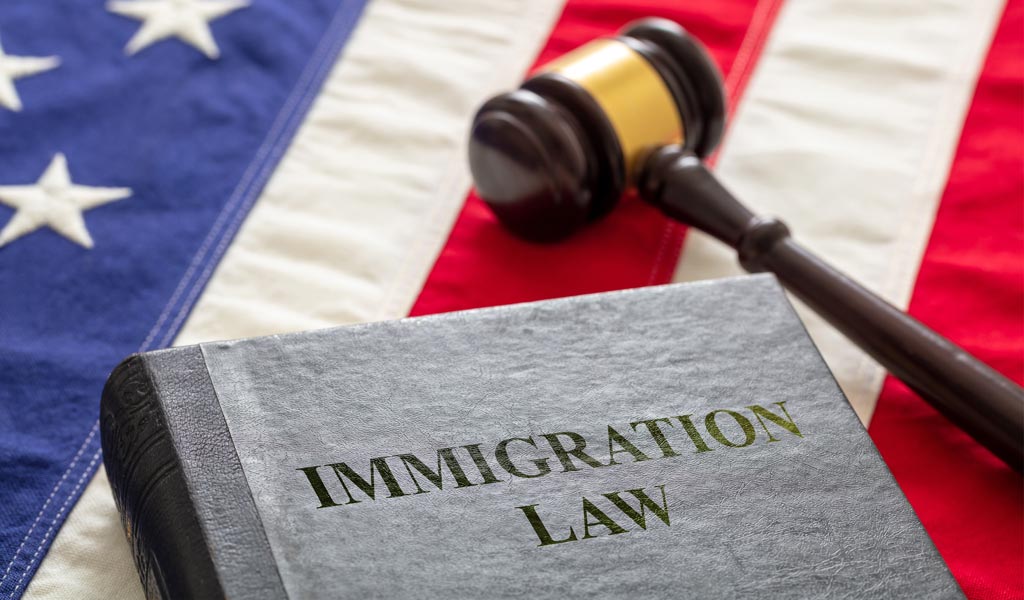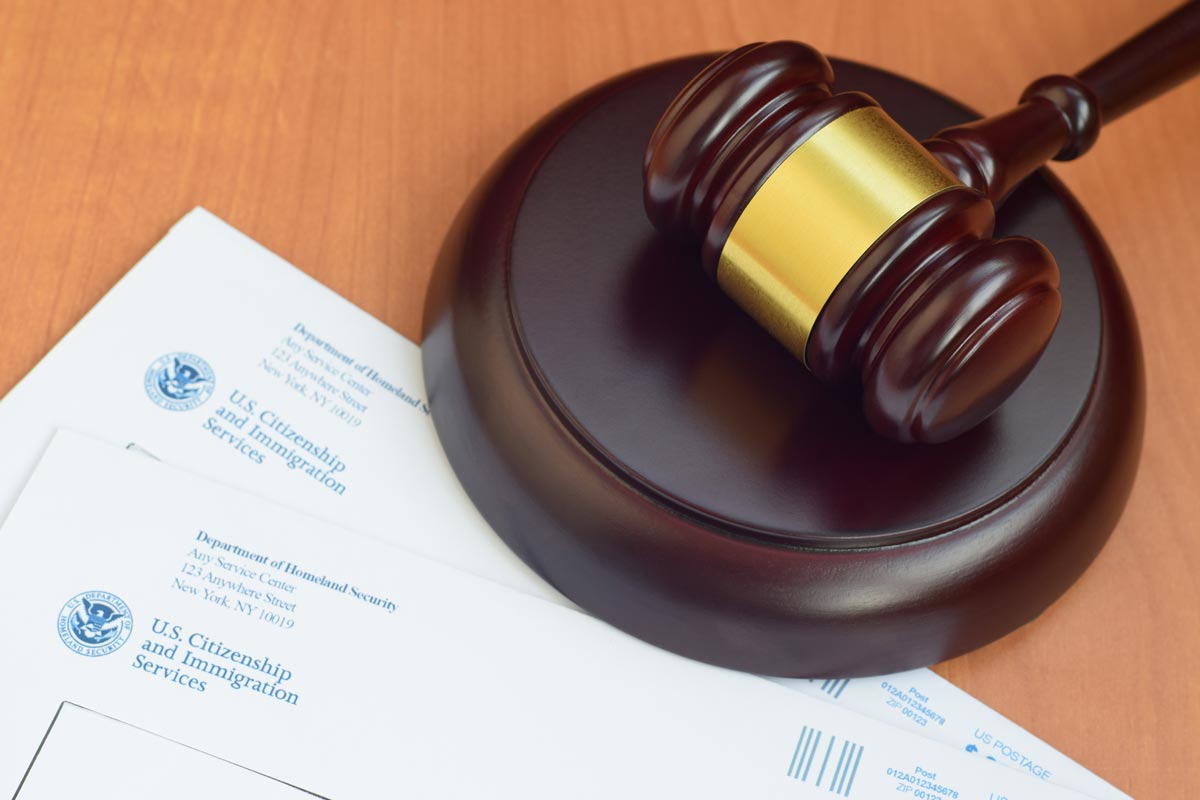
In immigration law, one important concept is bond redetermination for immigration. This process allows detained immigrants to ask for a review of their bond—the money paid for their temporary release during legal proceedings.
Bond redetermination can make a big difference. It can help immigrants get out of detention while they wait for their court dates, making it easier for them to work on their cases with lawyers. This blog explains bond redetermination in immigration cases and how to request one. You’ll also learn what to expect during the bond redetermination immigration hearing.
What Is a Bond Redetermination for Immigration
Bond redetermination is an immigration judge’s review of your current bond. Detained immigrants can request this if they feel the bond is too high or if their circumstances have changed since it was initially set.
This process is vital as it can affect an immigrant’s case outcome. A lower bond may allow you to leave detention and live with your family during your case. Being out of detention helps you prepare better, work with your lawyer, and maintain your job and family life.
Filing an Immigration Court Motion for Bond Redetermination
There’s no universal immigration bond redetermination form. Instead, submit a written motion to the relevant immigration court. This motion is a document that should state reasons for the redetermination request. Usually, it highlights changed circumstances or new evidence affecting the initial risk assessment.
To start the bond redetermination immigration process, you must file a immigration court motion for bond redetermination. This document should clearly state why you believe the bond should be lowered.
Common reasons include:
- changes in your personal circumstances
- new evidence that supports your case
- proving that you are not a flight risk
- showing you are not a danger to the community
The Immigration Defense Project has template for a motion for bond redetermination immigration cases you can follow.
To file your motion for bond redetermination in immigration court, you’ll need several key pieces of information. The content of the motion might include:
- Personal information about the detainee, including name, A-number, nationality, and details about the immigration case
- Details of the original bond decision
- Reasons why a redetermination is warranted, supported by any relevant new evidence or changes in circumstances. This might include letters from family, employment records, or proof of community ties.
- Any legal arguments or precedents that support the request for a lower bond.
Always remember there is no filing fee for a motion for bond redetermination in immigration court.
Submit your completed motion to the immigration court handling your case, following their specific submission rules. The court will then schedule a immigration bond redetermination hearing for you to argue your case. Being well-prepared with strong supporting documents can significantly improve your chances of success.
What Happens During the Immigration Bond Redetermination Hearing>
Immigration courts are where a judge review motions, hear arguments, and decide whether to lower a bond. An immigration judge reviews your submitted information and evidence, considering factors such as community ties, immigration history, and potential risk upon release.
An immigration bond redetermination hearing is your chance to argue why your bond should be lowered. This hearing is a critical part of the process, and understanding what happens during it can help you prepare better. Here’s what to expect and who will be involved.
At the bond redetermination hearing, you, your lawyer (if any), and a government attorney will appear before an immigration judge. The hearing typically occurs in a courtroom, either in person or by video conference.
- You or your lawyer will present your motion, explain the reasons for bond reduction, and provide supporting evidence.
- The DHS attorney will argue against lowering your bond, emphasizing why they believe the original amount is justified.
- The judge may ask about your case, community ties, or other factors affecting your bond amount.
A lawyer at the hearing is beneficial as they understand the legal system and can argue effectively for you. If you can’t afford one, seek free legal services from nonprofits or pro bono attorneys.
Preparing for a Bond Redetermination Hearing in Immigration Court

Preparing for a bond redetermination hearing for an immigration case is crucial to improve your chances of bond reduction. Here’s how to prepare effectively:
- Gather evidence: Gather supporting documents such as family or employer letters, residence proof, and evidence of community involvement.
- Practice your statements: Prepare to explain to the judge why your bond should be reduced and how you qualify for release.
- Understand your case: Know all aspects of your immigration case, including past hearings and decisions. This helps you answer questions confidently.
After the Immigration Bond Redetermination Hearing
Legal proceedings can be confusing. Rely on your lawyer to manage complex arguments and explain unclear points.
If English is not your first language, you may request an interpreter for the hearing. It’s normal to feel nervous. Practice your part of the hearing with friends or family to build confidence.
After the bond redetermination hearing, the judge will decide. This decision can greatly affect your case, so understand the potential outcomes and necessary follow-up actions.
- Bond is lowered: If the judge decides to lower your bond, you will need to arrange for the new bond amount to be paid so you can be released.
- Bond remains the same: If the bond remains unchanged, consult your lawyer about potential next steps. Next steps include making a submission to the Board of Immigration Appeals or finding another way to pay your bond.
- Bond is denied: If a judge denies bond, consult your lawyer about next steps. This includes steps such as appealing the decision or focusing on other aspects of your immigration case.
Immigration Bonds, Simplified
Staying apart from your loved ones is difficult during the immigration process. At Liberty Immigration, we understand this. This is why we simplified the process to get an immigration bond with our online form. You can get started from the comfort of your home or visit one of our nationwide locations and get help from our agents.